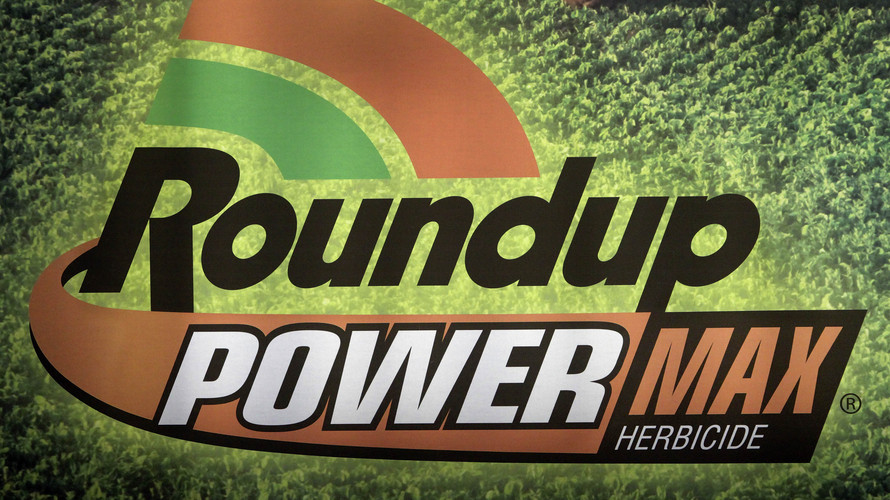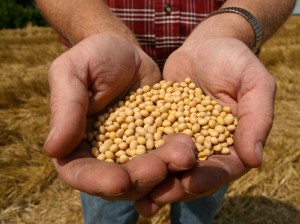
Post by Dan Charles, The Salt at NPR Food
For years, the biotech giant Monsanto has provoked outrage among its critics for suing farmers who save and replant seeds, such as soybeans and canola, from the company's patented Roundup Ready crops.
Some of that outrage is based on a decade-old case in Canada, in which a court ruled that a farmer, Percy Schmeiser, violated Monsanto's patents by planting canola that he "knew or ought to have known" contained Monsanto's Roundup Ready gene. Schmeiser argued that he didn't want the gene in his fields, and that it had become incorporated into his canola via wind-blown pollen.
Monsanto won that case, but the company might have been better off losing because the victory has been a public relations disaster. Around the world, many people now believe, mistakenly, that Monsanto is suing farmers for growing patented seeds that wandered into their fields without the farmers' knowledge and against their will.
So it caught our attention last week when a lawyer representing Monsanto in federal court seemed to admit that suing Schmeiser had been a mistake that the company would not repeat.
